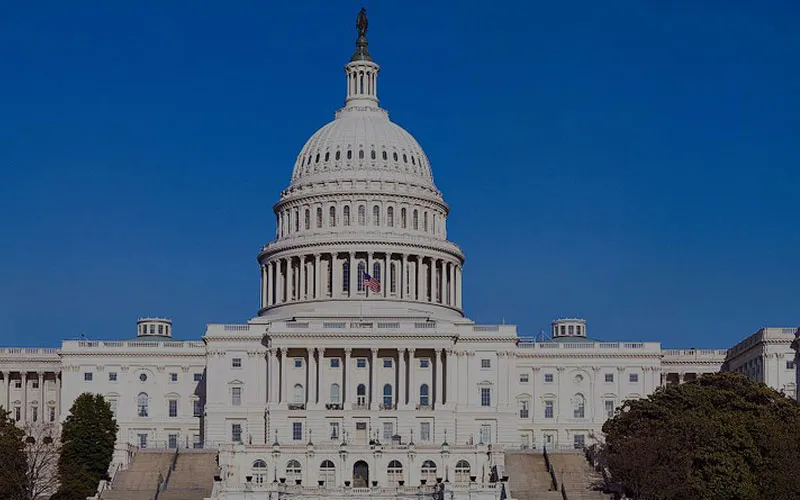Nairobi, 21 September, 2022 / 9:00 pm (ACI Africa).
The leadership of the Catholic Relief Services (CRS), the humanitarian arm of the United States Conference of Catholic Bishops (USCCB), has appealed to the world leaders at the 77th United Nations (UN) General Assembly (UNGA77) to consider more humanitarian aid to the East African region.
In a statement addressed to the world leaders participating in the 77th UN General Assembly, the CRS Executive Vice President for Mission, Mobilization and Advocacy says that the war in Ukraine and climate change are among factors behind the worsening hunger situation in the East African region.
“While world leaders gather in New York for the U.N. General Assembly, countless families from East Africa … gather around their tables, only to find nothing to eat,” Mr. Bill O’Keefe says in the statement published Wednesday, September 21.
Mr. O’Keefe adds in reference to the worsening food crisis in East Africa, “Driven by the war in Ukraine, climate change and other factors, world hunger has skyrocketed at an unprecedented rate.”
The CRS official says that alongside the worsening situation of hunger, the “humanitarian funding, which is one of the ways to provide food to large populations quickly, has fallen woefully short.”





